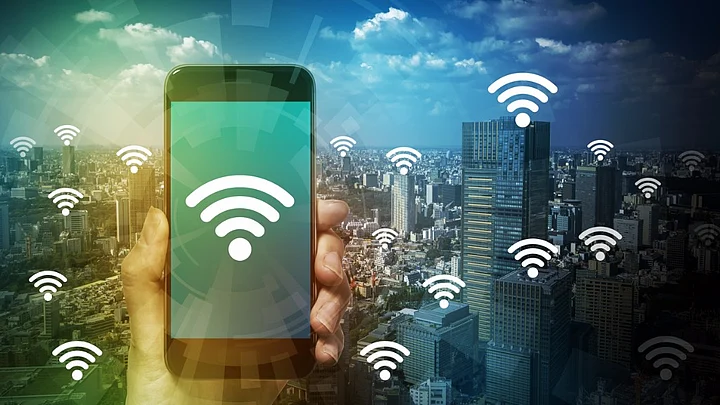Human Rights Watch, in a statement on Monday, 30 March, asked countries, including India, to end their internet shutdowns in order to fight the COVID-19 pandemic better.
Since February, India has witnessed blocks to internet access in Manipur, Meghalaya and Uttar Pradesh.
The latest case was reported from Manipur, where the government “had ordered shutdown of mobile Internet services in the state for three days from 16th March to prevent misuse of social media to spread hate video messages and images following clashes between two villages over a land dispute,” according to interntshutdowns.in, maintained by SFLC.In.
The statement read,
“Intentionally shutting down or restricting access to the internet violates multiple rights and can be deadly during a health crisis such as the COVID-19 pandemic, Governments that are currently imposing an internet shutdown, such as Bangladesh, Ethiopia, India, and Myanmar, should lift them immediately to save lives.”
The New York-based global human rights advocacy organisation highlighted that access to timely and accurate information is crucial as people use the internet for updates on health measures, movement restrictions, and relevant health news to protect themselves and others.
“Internet shutdowns block people from getting essential information and services,” Deborah Brown, senior digital rights researcher and advocate said in the statement. “During this global health crisis, shutdowns directly harm people’s health and lives, and undermine efforts to bring the pandemic under control,” she added.
At a time when students rely on online classes and the elderly may need remote access to their doctors, the lack of internet access can have a tangible impact on the public.
“The economic cost of internet disruptions is significant. As restrictions on movement expand, many individuals and businesses are relying on the internet more than usual for their work,” Brown said.
India Leads The World In Internet Shutdowns
Internet shutdowns have become increasingly common in recent years, usually during tense periods such as elections, anti-government protests, or armed conflicts.
Thirty-three countries enforced 213 internet shutdowns in 2019, according to Access Now. Government justifications ranged from a need to combat fake news, to public safety and national security.
India had the most internet shutdowns in the world, with at least 385 ordered since 2012. While the Indian government cut off internet access a staggering 134 times in 2018, it did so 104 times in 2019.
Right after the abrogation of Article 370 in Jammu and Kashmir, the Indian government imposed a complete communications blackout since 5 August 2019, which stopped families from communicating and disrupted the local economy.
Phone services were gradually restored, but it was only after the Supreme Court found the internet shutdown illegal in January 2020 that service was partially restored, and only at 2G speed.
The Internet Freedom Foundation, in a statement on 27 February said, “In an increasingly digital society, an internet shutdown is a shutdown of essential facilities and conveniences such as online banking, ride hailing services, e-commerce platforms etc.”
“It impacts working professionals, freelancers, small and medium business owners and even senior citizens who today rely on it to reach their loved ones and for information gathering to keep themselves safe.” the statement added.
Since COVID-19 spread to India, people have reported not being able to access websites that provide information about the pandemic due to highly restricted speeds that make accessing anything beyond text messages nearly impossible. The New Delhi-based Internet Freedom Foundation has called on the government to “make all tools including high speed internet available to doctors and patients to save lives.”
Time For Moratorium on Internet Shutdowns: HRW
On 27 March, the UN High Commissioner for Human Rights urged all governments to end any and all internet and telecommunication shutdowns. “Amidst the COVID-19 crisis, fact-based and relevant information on the disease and its spread and response must reach all people, without exception,” a statement said.
Under international law, governments have an obligation to ensure that any restrictions to information online are provided by law, are a necessary and proportionate response to a specific threat, and are in the public interest.
In a strong recommendation to the government, the HRW statement added, “Officials should never use broad, indiscriminate shutdowns to stop the flow of information or to harm people’s ability to express political views, and doing so during a health crisis can cost lives,.”
“During a global pandemic, when people around the world are isolated and access to information can mean life or death, it’s time to impose a moratorium on internet shutdowns,” Brown said. “Governments should ensure immediate access to the fastest and broadest possible service for all.”
(At The Quint, we question everything. Play an active role in shaping our journalism by becoming a member today.)
